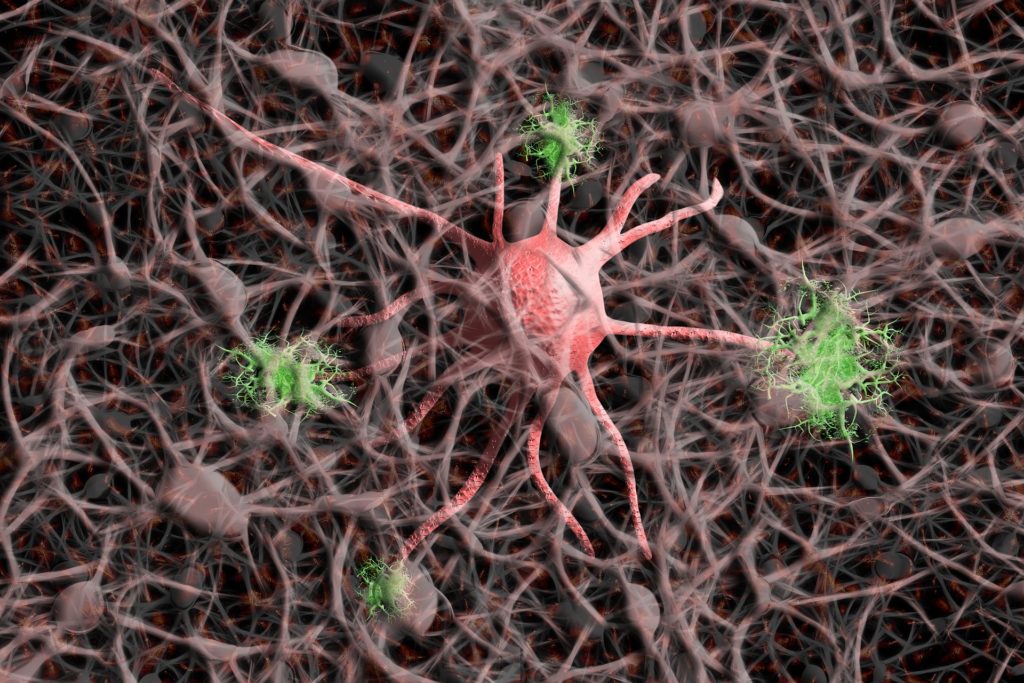
According to a new study from the University of Surrey, scientists should focus on the interactions between T and B cells to find better treatments for autoimmune disorders, such as rheumatoid arthritis.
Systems Biology researchers have found that our metabolism could be outsized in the delicate balancing act between T and B cells, leading to autoimmune diseases. The study also found evidence that changes in metabolism caused by ageing add further risks.
Dr Matteo Barberis, lead author of the study from the School of Biosciences, said:
“We have proposed a new way to treat autoimmune diseases by focusing on the metabolism of immune cells, like T and B cells. We can find more effective treatments by understanding how these cells interact to change their behaviour due to shifts in our body’s energy processing.
“This approach brings together different areas, such as inflammation and immunometabolism, how our immune system uses energy and the effects of ageing.”
T and B cells are specialised white blood cells that play crucial roles in our immune system. T cells help identify and attack infected cells, while B cells create antibodies to neutralise harmful invaders like viruses and bacteria. Through mutual regulation, T and B cells can meet the metabolic demand required in each stage of their development.
The team conducted a thorough critical analysis of the current literature in different areas, such as inflammation and immunometabolism, to comprehensively understand the processes involved, where metabolic, signalling and epigenetic routes integrate.
“This approach envisions therapeutic treatments of autoimmune disorders through a strategy of repurposing drugs capable of simultaneously targeting the immune system and the metabolism. It’s a promising direction that could lead to better ways to manage conditions such as lupus or multiple sclerosis.”